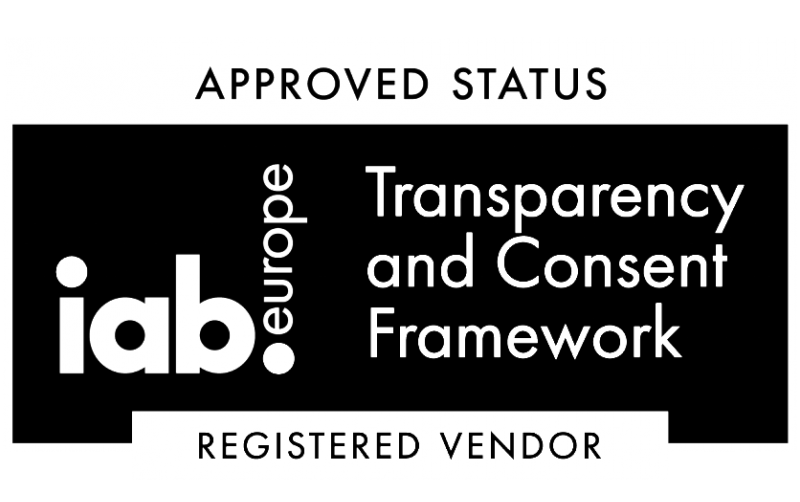Pocket-Sized Powerhouses: How Mobile Apps Are Driving a More Sustainable World

The smartphone has become an essential tool, and nestled within it, mobile applications are emerging as surprisingly powerful instruments for global sustainability. Far from mere digital conveniences, apps are actively reshaping industries, guiding consumer behaviour, and offering concrete solutions to environmental and social challenges, directly aiding the pursuit of the Sustainable Development Goals (SDGs).
Digitalization is a key enabler of sustainability, and mobile apps are at its forefront, translating complex data into actionable insights for businesses and individuals.
The Foundational Role of Data in Sustainability Efforts
A common thread linking applications is the strategic use of data. Apps excel at collecting, processing, and presenting information in meaningful ways, which is crucial for sustainability. This data allows businesses and individuals to accurately monitor their environmental footprint (emissions, energy use, waste), establish benchmarks, and measure the effectiveness of sustainability initiatives. Access to real-time data facilitates smarter, more efficient decisions – whether it’s a logistics manager rerouting a truck or a homeowner adjusting their heating remotely. For businesses, integrated app platforms also simplify the progress towards sustainability goals.
Transforming Industries from Within: Apps in Eco-Friendly Operations
The industrial sector, particularly manufacturing, faces scrutiny over its environmental impact, but mobile apps are driving significant improvements. Connected to IoT sensors, apps enable real-time monitoring of energy, water, and materials, empowering managers via dashboards to swiftly identify inefficiencies, optimize processes, cut waste, and lower costs. This shift extends to maintenance, where apps facilitate predictive analysis based on machinery data.
By anticipating failures, businesses can schedule proactive repairs, minimizing costly downtime and the resource waste associated with breakdowns. Furthermore, apps enhance supply chain transparency, allowing companies to trace material origins, monitor transport emissions, and verify ethical sourcing, directly supporting responsible consumption and production. These digital tools foster leaner, safer, and less environmentally damaging industrial operations.
Nudging Towards Greener Lifestyles: Empowering Consumer Choices
Beyond industry, apps significantly influence everyday choices, encouraging more sustainable habits. Transportation is being reshaped by apps providing easy access to ride-sharing, bike/scooter rentals, and public transport planning. Navigation apps optimize routes and track traffic, helping reduce fuel consumption and emissions, contributing to sustainable cities. Consumerism is also shifting, with apps helping users identify ethical brands, understand product impacts (like carbon footprints), and even scan barcodes for sustainability credentials. This empowers informed purchasing decisions aligned with personal values. Food waste is tackled by apps connecting users with discounted surplus food from eateries and stores, or helping manage home groceries to prevent spoilage.
At home, smart apps allow remote control of lighting, heating, and appliances, optimizing energy use and providing consumption data that encourages conservation, supporting affordable and clean energy goals and climate action.
Ensuring the Tools Themselves Are Sustainable: Eco-Conscious App Development
While apps offer solutions, the environmental impact of the technology itself must be considered. Sustainable App Development, as discussed by industry sources, focuses on creating digital tools responsibly. This involves writing clean, efficient code to minimize processing power and thus energy consumption on devices. Data minimization – transferring and storing only essential information – reduces the load on servers and networks. Choosing “green hosting” providers using renewable energy further cuts the app’s carbon footprint.
Thoughtful design includes limiting unnecessary background activity and resource drain (like GPS). Efficient apps that run well on older devices can also help extend hardware lifespans, mitigating electronic waste. Developers and tech companies increasingly recognize their responsibility to build sustainability into the digital fabric.
Conclusion: Weaving Sustainability into Our Digital Lives
Mobile applications have evolved into potent agents for sustainability. They optimize industries, guide greener consumer choices, foster the circular economy, and leverage data for informed action, contributing significantly to achieving global goals. Their impact is broad and growing, translating large-scale ambitions into tangible actions accessible via the devices in our pockets. However, maximizing this potential requires a commitment to sustainable practices within app development itself, ensuring the solutions don’t inadvertently contribute to the problem.
As digitalization continues its advance, consciously designing and deploying apps with sustainability at their core will be vital in harnessing their full power for a healthier planet and a more equitable future. These pocket-sized tools are proving indispensable allies on our collective journey.
Stay tuned!

- Contacto DPO: privacy@telecoming.com
- Finalidad del tratamiento: suscripción al blog.
- Legitimación del contrato: consentimiento.
- Destinatario de cesiones o transferencias: no se efectúan transferencias de datos fuera de la UE.
- Derechos de las personas interesadas: acceso, rectificación, supresión, oposición, limitación del tratamiento, portabilidad de los datos e interposición de reclamación ante la AEPD.



